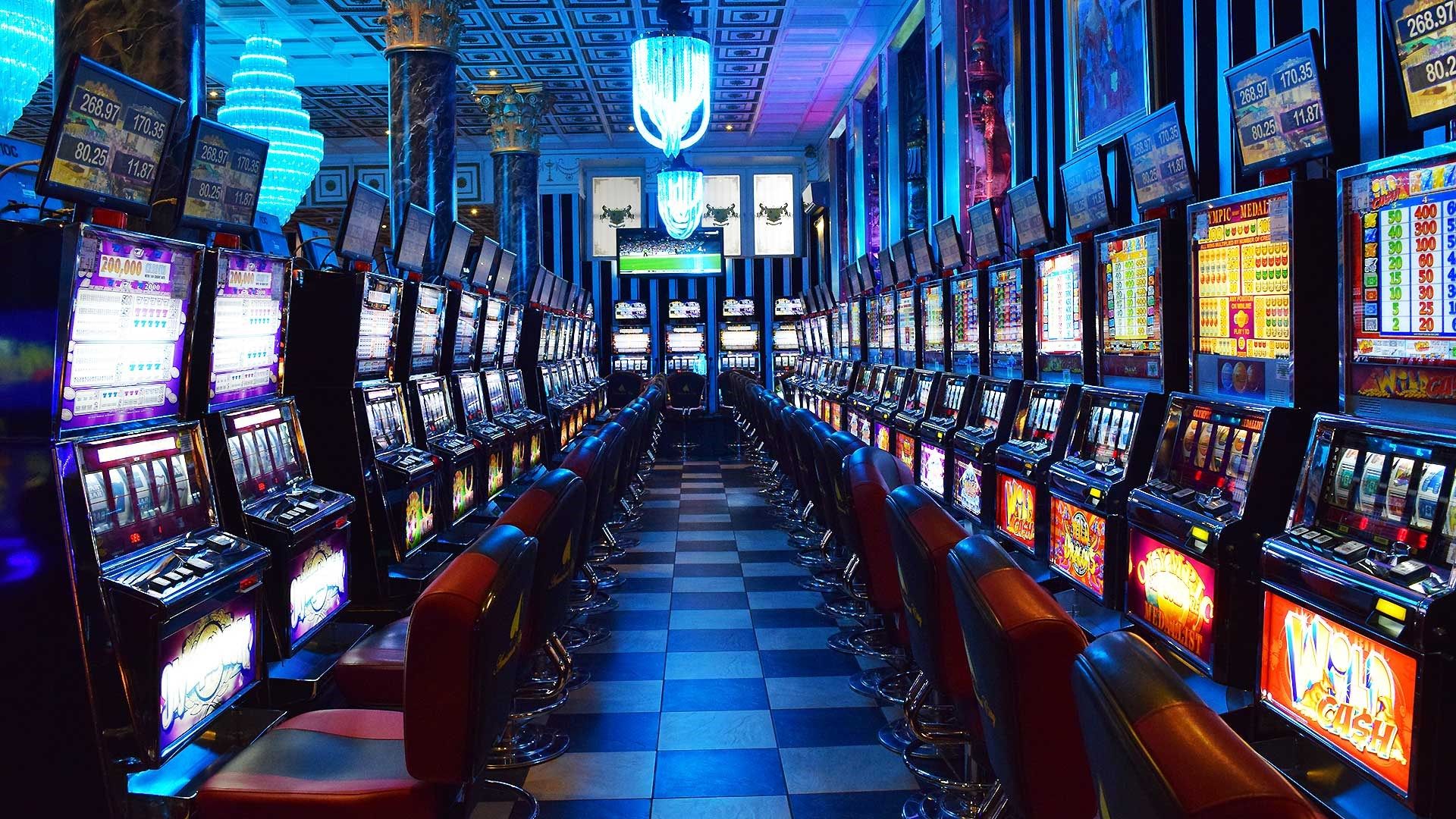The remarkable Progression of Casino Games Over the Centuries

Casino games have captivated players for centuries, transforming from basic recreational activities to complex experiences that blend chance, skill, and entertainment. From the early beginnings of gambling in cultures like Mesopotamia and Rome to the extravagant corridors of contemporary casinos, the history of these games uncovers much about human nature and our connection with luck. As societies have intertwined and technology has advanced, casino games have evolved, mirroring shifts in society and developments in gameplay.
The initial iterations of gambling likely included basic dice games and betting on the outcomes of sporting events. Over time, these primitive activities grew into more complex games like table games, the game of roulette, and the myriad slot games that fill the premises of casinos today. Every generation brought its unique rules, aesthetics, and cultural importance. At present, casino games persist in evolving with the rise of internet-based platforms, enabling players from various parts of the world to participate in a shared experience, further fusing the traditional with the age of technology.
Ancient Origins of Gaming Games
Gambling games have foundations that reach back to ancient civilizations, where wagering was strongly integrated in cultural traditions and social customs. The earliest known forms of gambling developed in Mesopotamia around three thousand BC, involving primitive die games made from bone bones. These primitive games laid the foundation for more advanced betting activities, demonstrating human beings’ natural urge to find fortune and amusement through chance.
As societies developed, so did their betting pursuits. In historic China, around two thousand three hundred BC, tiles were discovered that resembled early basic forms of a lottery game activity. More organized instances of gambling emerged in the Roman Empire, where activities of luck were a common recreation, often taking place in social gatherings. The Romans developed multiple betting activities, which entailed dice and board activities, highlighting the pervasive nature of gambling across various social strata.
With the passage of years, these primitive games contributed to the progress of modern casino activities. In the medieval period, card activities became prevalent in European culture, paving the way for the organized gambling venues we know today. The change from informal gambling to organized gaming in taverns and private homes marked a major shift in how people engaged with activities of luck, leading to the subsequent creation of casinos as specialized places for betting.
The Rise of Modern Casino Gaming
The final 20th century marked a crucial change in the realm of gambling games, fueled by technological progress and shifts in societal views towards wagering. The emergence of computers and the World Wide Web transformed the way players engaged with their favorite gaming experiences. Online casinos emerged, allowing enthusiasts to enjoy timeless table games like poker and 21 from the safety of their own homes. This new online environment not only broadened access to gambling options but also attracted a newer crowd who found the ease and diversity appealing.
As online gambling gained popularity, so did advancements in casino tech. The advancement of high-quality programs and graphics converted conventional gambling games into immersive adventures. Players could now interact with realistic dealers through live streaming, importing the vibe of brick-and-mortar casinos directly into their living rooms. This blending of in-person play with online platforms created a novel combination that elevated the community element of gambling, making it possible for individuals to engage and compete with fellow gamers around the planet.
Additionally, the emergence of gaming on mobile devices significantly changed the casino landscape. With the ubiquitous use of mobile phones and tablets, players can access their beloved gaming options at any location, at any time. Mobile apps offer a extensive range of options customized for mobile screens, serving the fast-paced daily life of modern users. This availability has led to growing engagement in gambling, fostering the rapid expansion of the gaming industry. As a result, the future of casino gaming continues to evolve, adapting to technological advancements and shifting consumer preferences.
How Technology Influences Casino Games
Technology’s advancement has significantly transformed casino games, improving the overall gaming experience for gamblers globally. As the internet emerged, online casinos emerged, allowing players to play their preferred games from the comfort of their homes. This change not only made casino games more available but also increased the variety of games available, as online platforms could offer many different versions of traditional games without the physical constraints of physical casinos.
Mobile technology further transformed the casino gaming landscape. As smartphones and tablets became widespread, players now have the ability to engage in casino games anytime and anywhere. nhà cái da88 This flexibility has resulted in the creation of dedicated mobile applications and optimized websites that provide seamless gaming experiences. Additionally, advancements such as live dealer games have brought the genuine feel of a casino into players’ living rooms, bridging the gap between physical and online gaming.
Moreover, advancements in AI and VR are paving the way for the next generation of casino games. AI enhances game design and player interaction, creating customized experiences based on user behavior and preferences. Meanwhile, virtual reality offers immersive environments where players can interact in a simulated casino setting, making the gaming experience more engaging and lifelike. As technology continues to evolve, the future of casino games seems bright, filled with endless possibilities for innovation and entertainment.
